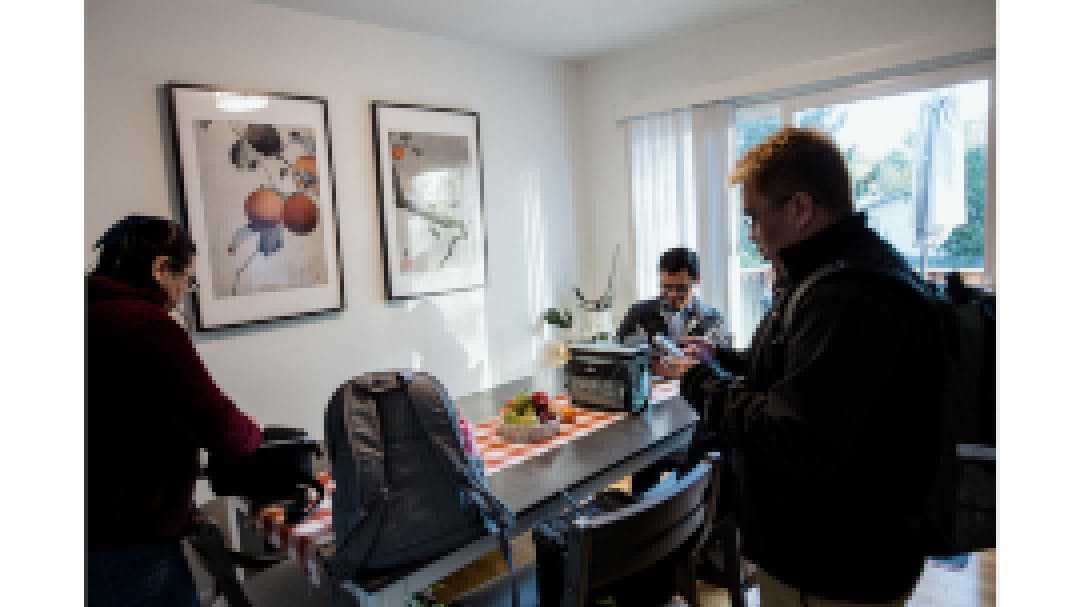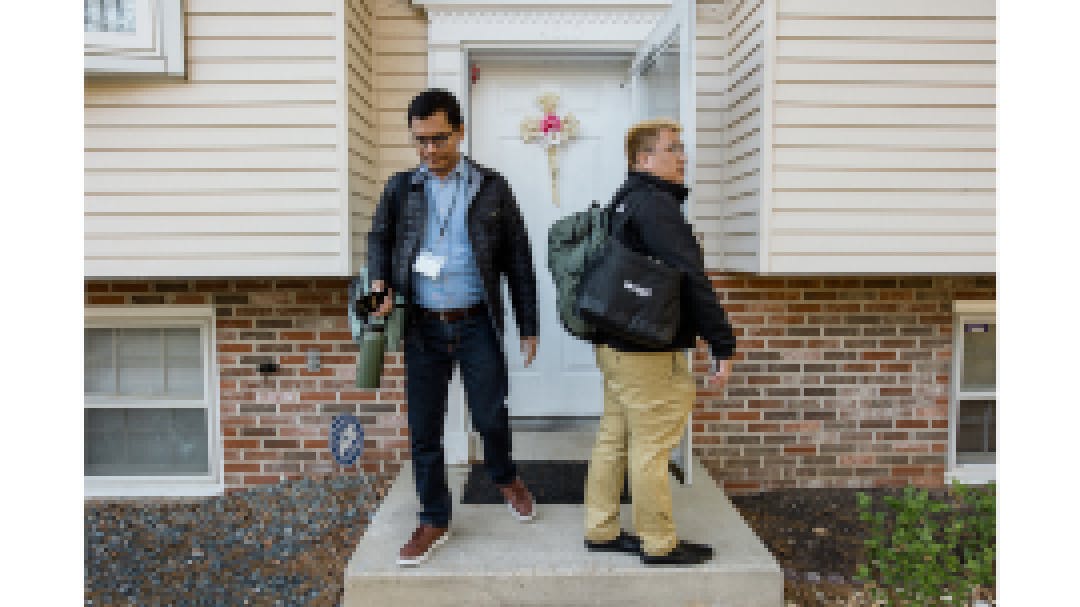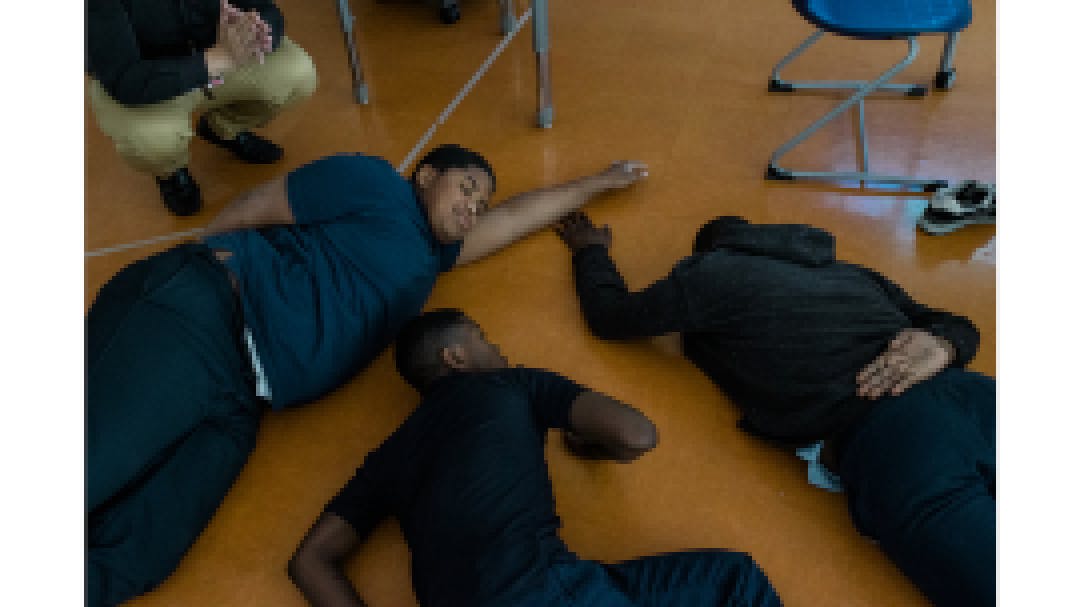As they make their way through the colorful hallways of The Children’s Guild School of Prince George’s County, Maryland, teachers and roommates Curt Cruz, Rachelle Evangelista, and Richard Sagun exchange waves and greetings with the other school staff.
However, they didn’t always feel this warm welcome.
“It was very challenging. We didn’t receive much guidance from the school initially,” Evangelista recalls.
When the trio of teachers arrived in the United States last August from the Philippines, they say that they were initially denied entry to the school that had recruited them. There was a paperwork mix-up. At the time, the independent special education day school, which serves students who have emotional disabilities, autism, intellectual disabilities or multiple disabilities, was experiencing significant staffing shortages and the administrative team didn’t have capacity to facilitate the newcomers’ arrival. Unable to prepare, they had no idea what to expect on their first day.
That experience highlights the challenges teachers from other countries face when they enter the U.S. education system.
“It was a big adjustment,” Sagun reflects.


Sagun comes from a long line of teachers, who inspired him to take on the profession. After teaching for 10 years in the Philippines, he was eager for new experiences and a better salary. He decided to migrate to the U.S. to teach special education for the first time.
Like many other Filipino teachers, Sagun is well-suited to teach in the U.S. thanks to his educational background and English proficiency, influenced by decades of U.S. occupation of the Philippines. The U.S. State Department reports that Filipinos are consistently the largest group of foreign-born teachers arriving in the U.S.

For Cruz, becoming a special education teacher was very personal. “Initially, I wanted to be a teacher for my brother, Miguel,” Cruz says, explaining that Miguel is deaf and experiences emotional dysregulation. “I saw his plight. No one was communicating with him because of the barriers.”
Photojournalism and text by Rosem Morton.
Morton is a Filipina visual journalist, registered nurse and journalist safety trainer based in Baltimore. Her documentary work focuses on daily life amidst gender, health and racial adversity. Morton created this documentary project through photographs and interviews made in the spring of 2023.
Editing by Rebecca Koenig.
This story is part of an EdSurge series chronicling diverse educator experiences. These stories are made publicly available with support from the Chan Zuckerberg Initiative. EdSurge maintains editorial control over all content. (Read our ethics statement here.) Excluding photography, this work is licensed under a CC BY-NC-ND 4.0.
